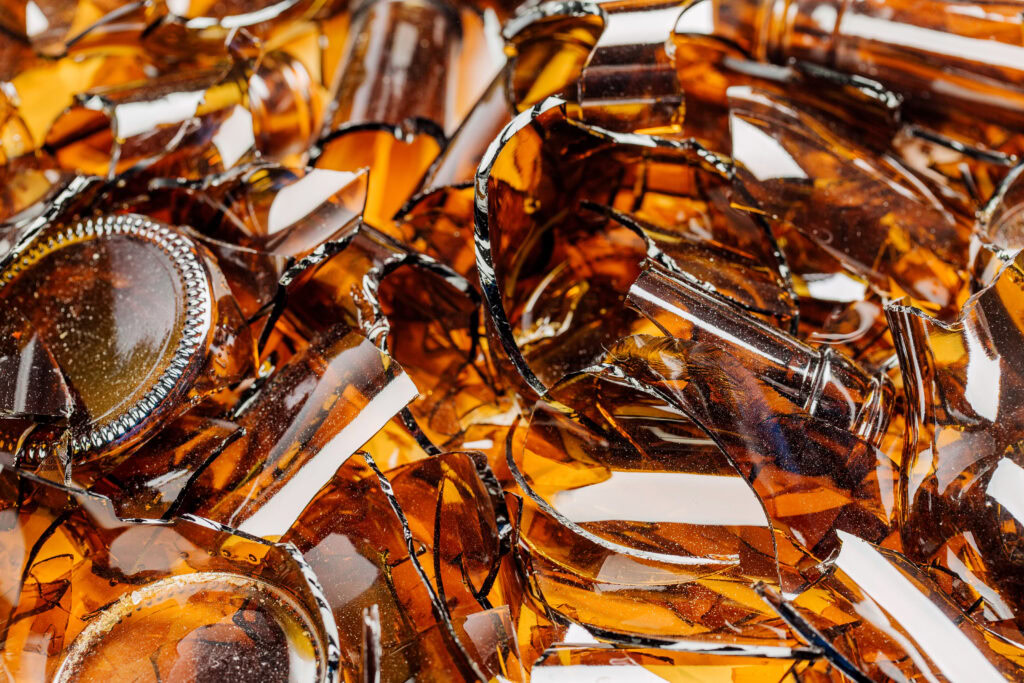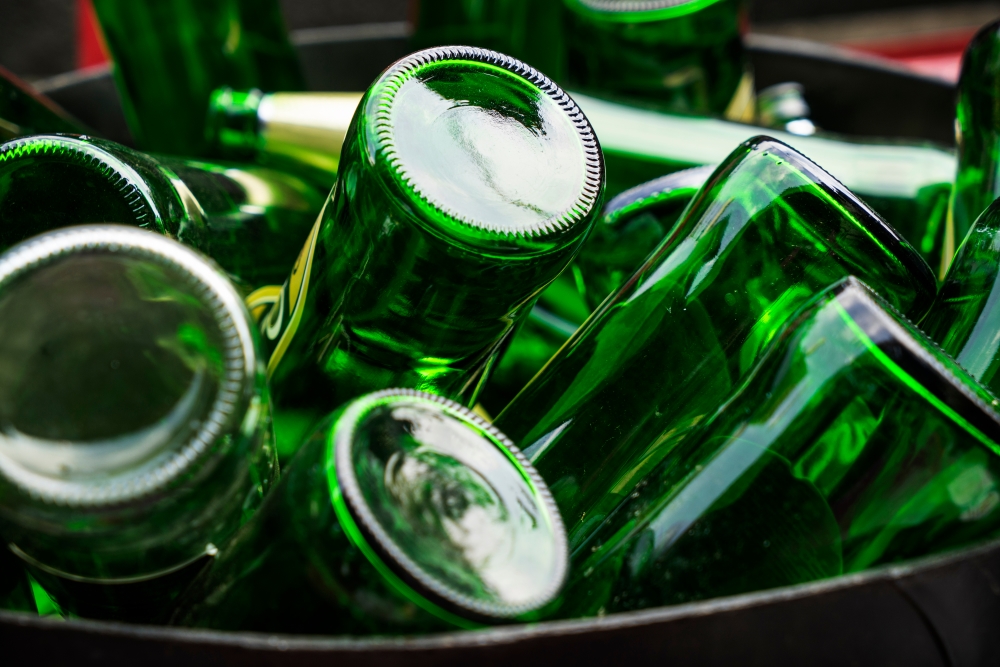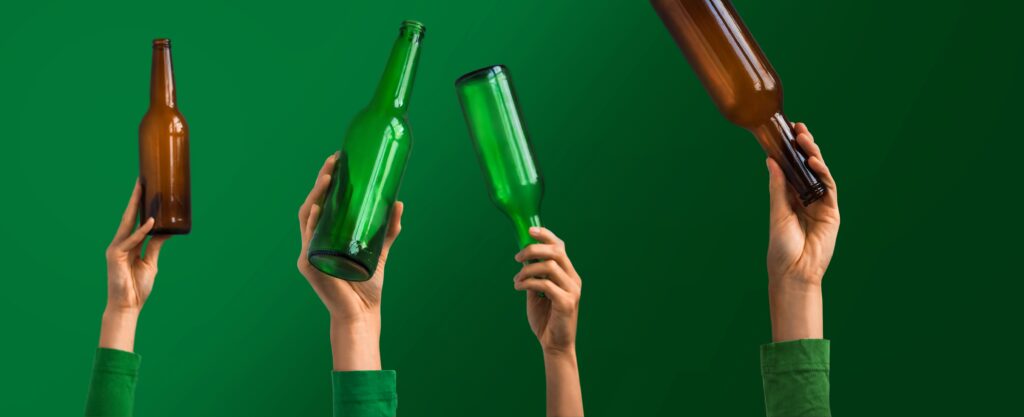The fees producers will pay under the new legislation is based on the weight of the product they put on the market.
British Glass has said that, due to this, glass fees will be around 49 times higher than other materials and may “lead to more throwaway plastic” being used.
Chief executive of British Glass, Dave Dalton, said: “The government has failed to listen to concerns from producers and trade bodies and is ploughing on with this ill-thought-out scheme which is a hammer blow to the glass sector and British manufacturing.
“British Glass supports the principle of pEPR and that packaging waste collection and recycling needs to be reformed to deliver a circular economy for the UK.
“However, this scheme will have a profound impact on competitiveness against other packaging formats – leading to job losses predominantly in the UK’s manufacturing heartlands.
“Prices will increase both for consumers and SMEs who are already operating on wafer-thin margins.
“The effect on the environment is equally depressing. The government has a plan for a circular and zero-waste economy, yet the pEPR policy will incentivise more plastic – which is less circular than glass. We urge the government to re-think this policy and meet with businesses and British Glass as a priority.”
Pushing producers towards plastic
British Glass is concerned that producers will move away from glass and towards other material types.
British Glass technical director, Dr Nick Kirk, explained: “The aim of pEPR is to drive away from difficult to recycle packaging materials to recyclable packaging materials, but the current policy will incentivise the move away from glass packaging to less recyclable materials such as plastic packaging.
“The proposed pEPR fees are calculated on the weight of packaging, however packaging is bought in units not weight, this will distort the packaging market as glass will have a substantial pEPR fee compared to competing packaging materials. Glass is 100% recyclable and is infinitely recyclable as it does not deteriorate on each recycle.”
British Glass said that its likely that a 330ml glass beer bottle will have a pEPR fee of approximately 5p and that, with the addition of supply chain margins and VAT, the consumer will see at least a 10p increase in a beer bottle.
“We have already experienced the impact of brands moving away from glass, as they are now purchasing their packaging for 2025,” added Kirk.
“In addition, there has been an increase in the imports of empty glass packaging from countries outside of the EU and these countries are producing more carbon per unit of glass packaging.
“These imports can be at least 20% cheaper than UK-produced glass packaging and will be able to absorb the pEPR cost, which will lead to more imports and a negative impact on UK glass production, and ultimately more carbon into the global atmosphere. This shows a fundamental lack of understanding by the g overnment of the global competition the UK glass sector faces.”







Subscribe for free